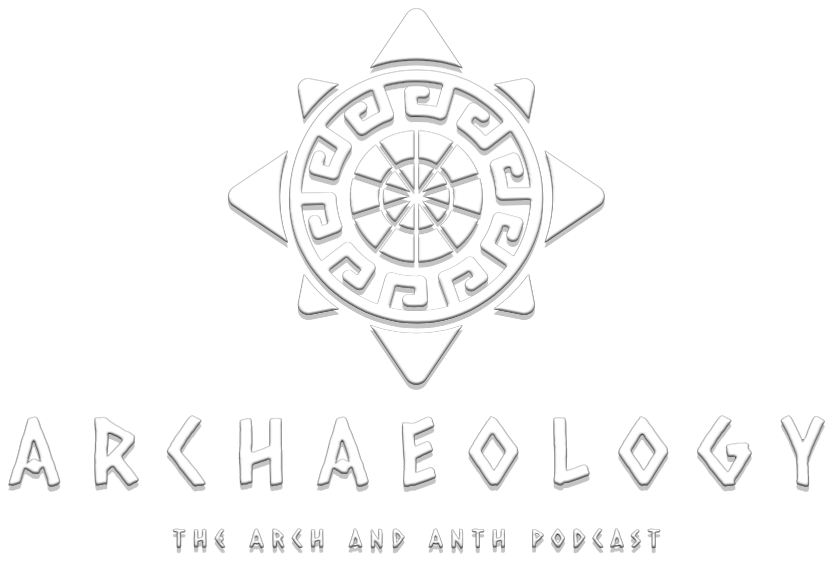Episode 110: Unraveling the Ecological and Archaeological Tapestry of Caribbean Slavery
Join us on an enlightening journey as we explore the intricate relationship between ecology and the archaeology of slavery in the Caribbean. Dr. Justin Dunnavant from Vanderbilt University takes the spotlight in this compelling episode of The Arch and Anth Podcast.
Meet Dr. Justin Dunnavant
Behind the Research: Get to know the dynamic Dr. Justin Dunnavant, whose passion for African diaspora archaeology has led him on a remarkable journey. Discover his involvement in training students in maritime archaeology, sharing historical knowledge, and fostering community relationships.

Unveiling St. Croix’s Rich History
Island of Diversity: Dive into the vibrant history of St. Croix, an island in the U.S. Virgin Islands with a complex colonial past. Explore the pivotal questions Justin and his teams tackle regarding the island’s slavery history. How do archaeologists employ material culture and scuba diving to unveil the ecological impacts of slavery and the daily lives of the enslaved population?
Engaging with Archaeology
Empowering Communities: Learn about the transformative impact of field schools and initiatives like “Diving with a Purpose” in engaging students and community members with archaeology. Discover how these programs facilitate hands-on experiences and forge meaningful connections.
A Multifaceted Visionary
Trailblazer in Archaeology: Justin wears many hats, including Founding President of the Society of Black Archaeologists and involvement in the Slave Wrecks Project at the Smithsonian’s National Museum of African American History and Culture. Gain insights into how Justin manages these multifaceted projects alongside his research.

Bridging Gaps and Fostering Inclusivity
Empowering the Next Generation: Explore Justin’s commitment to outreach, environmental causes, and local heritage work. Discover the importance of improving opportunities for junior archaeologists and promoting diversity within the field, particularly among people of African descent.
